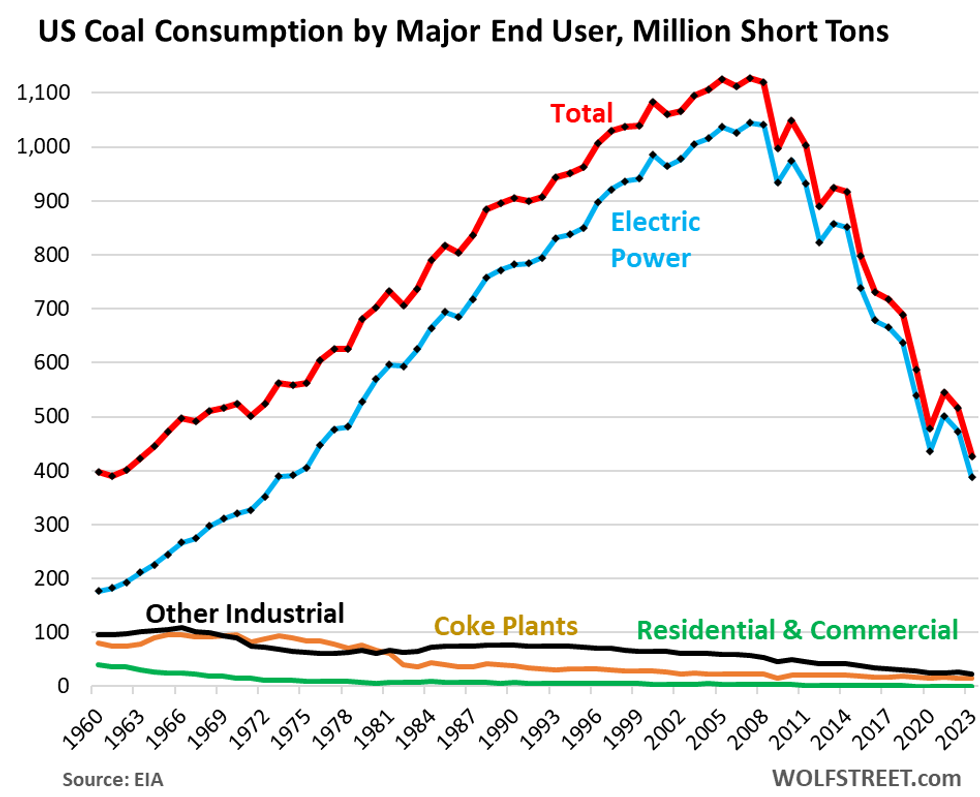'No One Should Have a Copyright on Vance Being Booed': Video From Olympics Blocked on X
The vice president attended the opening ceremony in Milan, where people also protested the presence of US Immigration and Customs Enforcement agents at the Winter Olympics.
US Vice President JD Vance was booed at the opening ceremony of the Olympic Games in Italy on Friday, but at least one widely shared video of it was swiftly scrubbed from X, the social media platform controlled by former Trump administration adviser Elon Musk.
Acyn Torabi, or @Acyn, "is an industrialized viral-video machine," the Washington Post explained last year, "grabbing the most eye-catching moments from press conferences and TV news panels, packaging them within seconds into quick highlights, and pushing them to his million followers across X and Bluesky dozens of times a day."
In this case, Torabi, who's now senior digital editor at MeidasTouch, reshared a video of the vice president and his wife, Usha Vance, being booed that was initially posted by filmmaker Mick Gzowski.
However, the video was shortly taken down and replaced with the text, "This media has been disabled in response to a report by the copyright owner."
Noting the development, Torabi, said: "No one should have a copyright on Vance being booed. It belongs to the world."
As of press time, the footage is still circulating online thanks to other X accounts and across other platforms—including a video shared on Bluesky by MeidasTouch editor in chief Ron Filipkowski.
JD Vance loudly booed at the Winter Olympics today.
[image or embed]
— Ron Filipkowski (@ronfilipkowski.bsky.social) February 6, 2026 at 4:25 PM
The Vances' unfriendly welcome came after a Friday protest in the streets of Milan over the presence of US Immigration and Customs Enforcement agents at the Winter Olympics, with some participants waving "FCK ICE" signs.
The Trump administration has said the ICE agents—whose agency is under fire for its treatment of people across the United States as part of the president's mass deportation agenda—are helping to provide security for the vice president and other US delegation members, including Secretary of State Marco Rubio.



